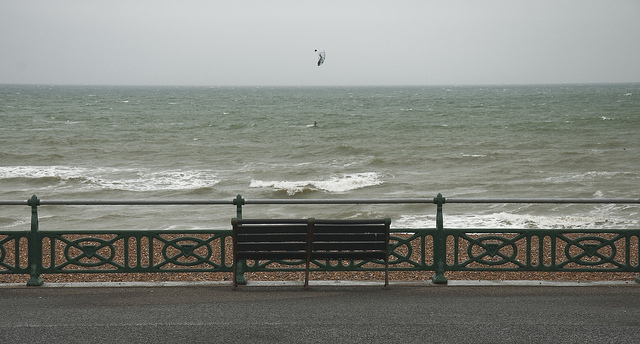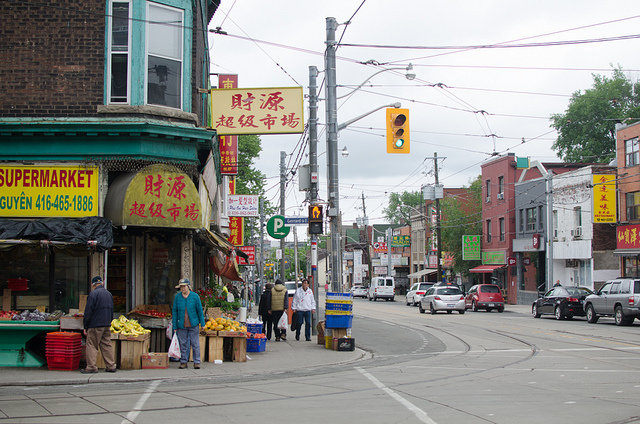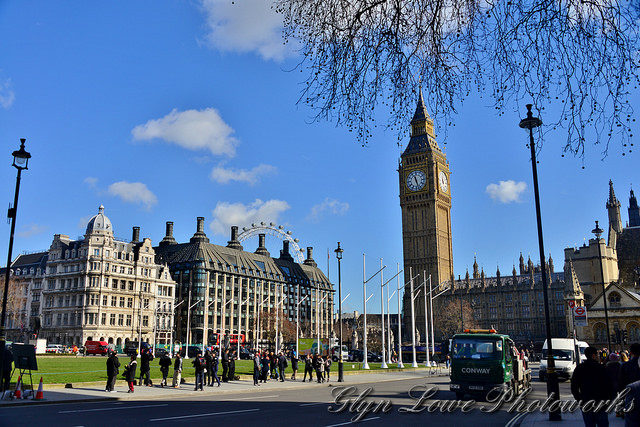They work as bus drivers, farmhands and dentists, as waitresses, builders and saleswomen; they are transforming parts of London into Slavic and Baltic enclaves where pickles and Polish beer are stacked in delicatessens and Polish can be heard on the streets almost as often as English.
Topical:
Immigration news
The Supreme Court of Canada has ruled that two would-be immigrant families with disabled children should be allowed into Canada. The court ruled those children will not place "excessive demands" on social-support systems.
The ruling could force substantial changes in the way immigration officials deal with applicants who have health problems and disabilities, or who have family members with medical problems.
The top court tossed out rulings that had prevented two families -- one from South Africa and one from the Netherlands -- from coming to Canada.
The US government would issue 30,000 more H-1B visas to high-tech and other skilled foreign workers each year and increase fees for those visas under a measure proposed by a Senate committee.
The move by the Senate Judiciary Committee comes as high-tech firms and other businesses complain that, for the third year in a row, they have already met the annual cap on the popular H1-B visas just 20 days into the government's 2005-06 fiscal year that began Oct. 1.
The result is an enforcement system that poses little threat for tourists, students and others who quietly turn into illegal immigrants, the report says.
Of the 301,046 leads the Immigration and Customs Enforcement agency received in 2004 on possible visa violators, the report says, only 4,164 were formally pursued, resulting in just 671 apprehensions.
Immigration to the UK hit a record high in 2004, new statistics have revealed.
A total of 494,100 non-Britons migrated to the UK, an increase of 21% on the 2003 figure of 406,800.
As reported earlier on workpermit.com, some 52,600 of those arriving in 2004 were from the 10 countries who joined the EU on May 1 last year, the Office for National Statistics figures showed.
The figure for arrivals in the UK including Britons was 582,100, compared to 512,600 in 2003. Migration from the EU as a whole increased by 53,300, from 64,000 in 2003 to 117,300.
New figures show that about 111,000 workers came to the UK from the new EU countries in the past year. That figure is up from 20,000, the number that arrived before EU enlargement in May 2004.
The eight new EU countries now send as many workers as Asia and the Middle East combined. Other EU countries, excluding the newest eight member states, form the next largest group with 81,000 migrants to the UK.
These figures cover workers who have registered for a national insurance number. There is likely to be a large number also working illegally, the reports say.





